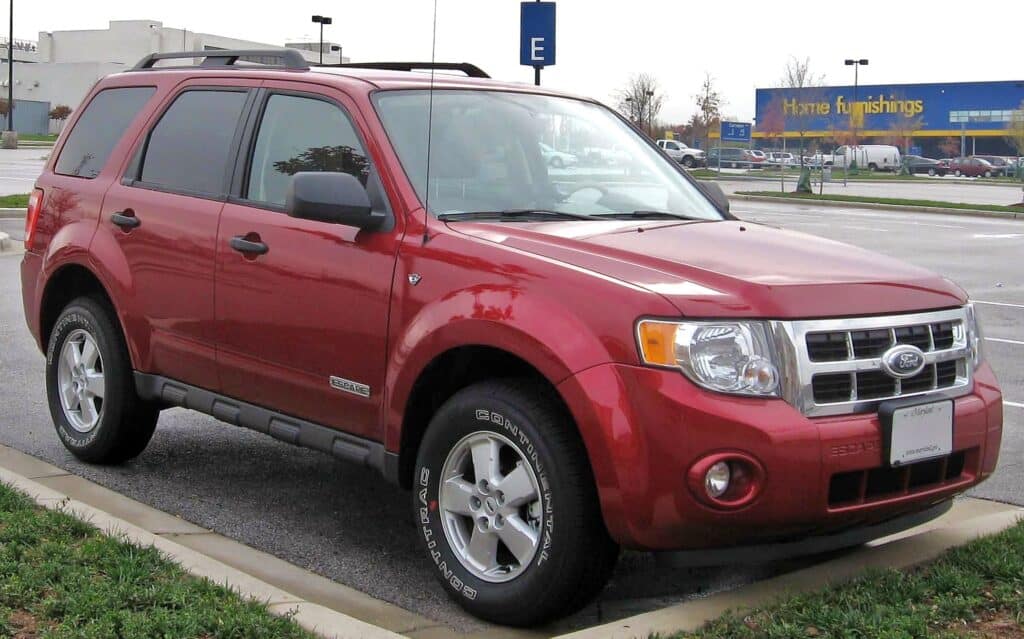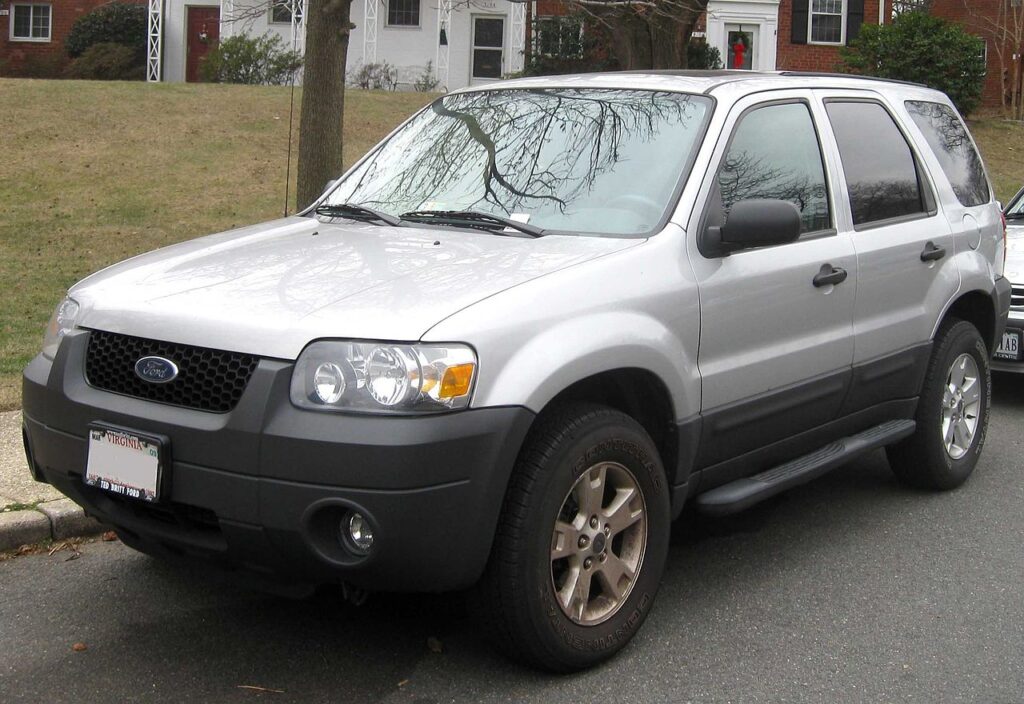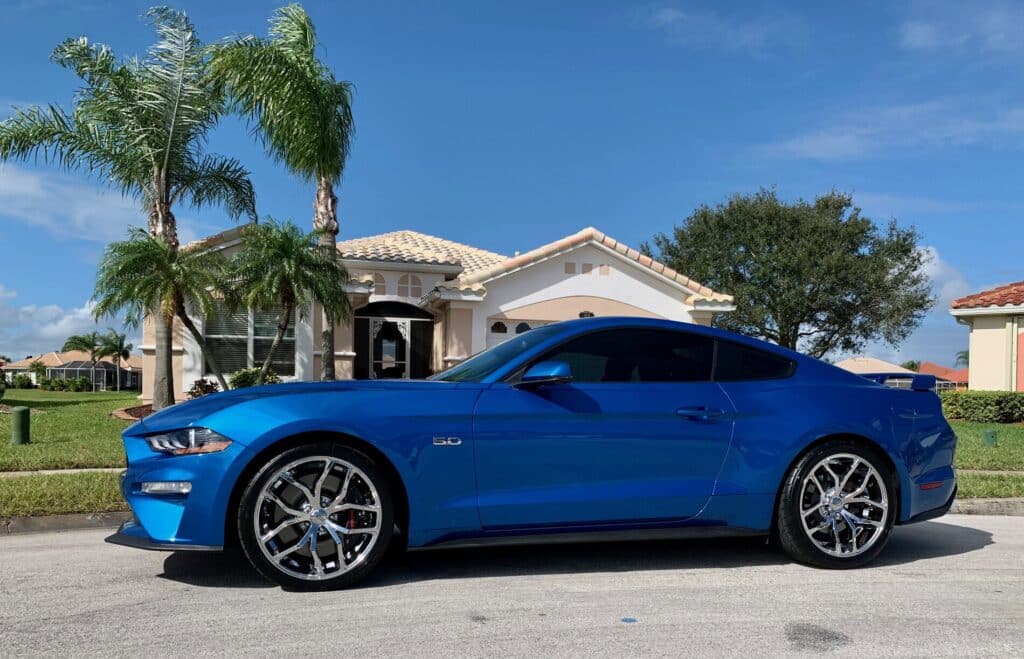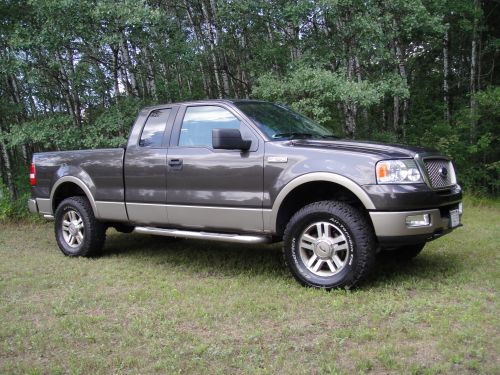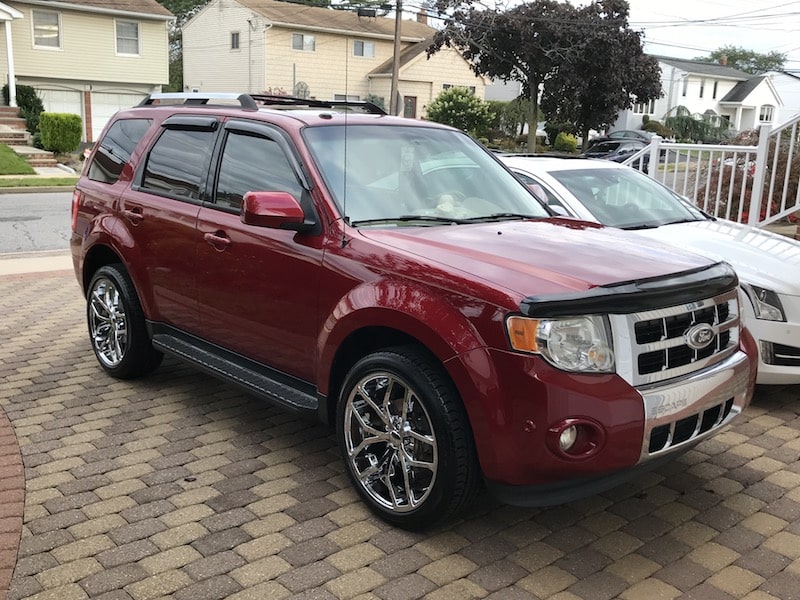As a reliable and hardworking compact pickup truck, the 2000 Ford Ranger powered by a 4.0L V6 engine has built a strong reputation for itself over the years. This model, known for its ruggedness and durability, continues to be a mainstay in the used truck market even after two decades since its release. The 4.0L V6 engine equipped in this model is a robust powerplant that offers solid performance and commendable towing capacity, making it a popular choice among Ranger models. However, like any vehicle, the 2000 Ford Ranger 4.0L demands regular maintenance to ensure it remains in top condition.
Engine oil is often considered the lifeblood of a vehicle’s engine. For the 2000 Ford Ranger 4.0L, using the correct oil type is not just a suggestion—it’s a necessity for maintaining the health and longevity of the engine. The right engine oil facilitates smoother operation by lubricating internal components, reducing friction, and preventing overheating. It also helps clean the engine by preventing the buildup of sludge and debris and protects against corrosion and wear.
Different engines have different oil requirements based on their design and operating conditions. Ford specifically recommends using Motorcraft SAE 5W-30 Super Premium Motor Oil, conforming to the Ford specification WSS-M2C153-G, for the 2000 Ranger with a 4.0L engine. This specific oil type has been tested and approved to meet the demands of this engine, providing optimal protection and performance.
Using the wrong oil type or not adhering to recommended oil change intervals can lead to decreased performance, lower fuel efficiency, and potentially cause damage to the engine over time. It’s critical to understand these factors to ensure the longevity and reliability of your 2000 Ford Ranger 4.0L.
What Kind Of Oil Does A 2004 Ford Ranger V6 4.0 Take?
The 2004 Ford Ranger with a 4.0L V6 engine is recommended to use SAE 5W-30 oil, as specified in the owner’s manual. Motorcraft SAE 5W-30 Super Premium Motor Oil, meeting Ford specification WSS-M2C153-H, is suggested for optimal performance.
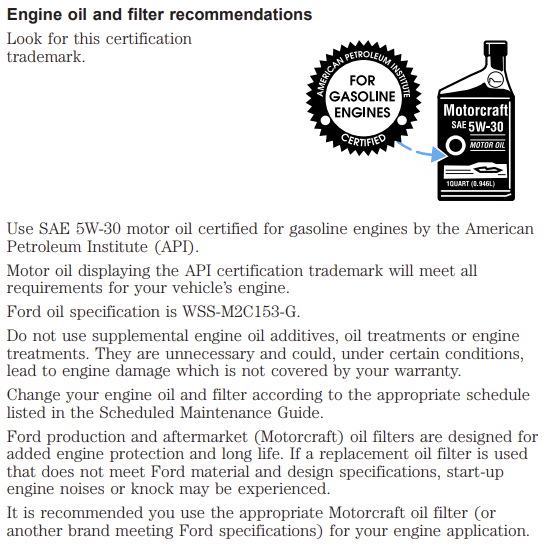
API certification requirement: Look for oils that have been certified for gasoline engines by the American Petroleum Institute (API). The API certification mark indicates that the oil has met certain standards for quality and performance.
Recommended Oil Type And Specification
- Motorcraft SAE 5W-30 Super Premium Motor Oil: This is the specific oil type recommended by Ford for the 2000 Ranger’s 4.0L V6 engine. The SAE 5W-30 rating indicates the oil’s viscosity, or its resistance to flow, at both cold starting temperatures (the ‘5W’) and high operating temperatures (the ’30’). This type of oil provides an excellent balance between lubrication at start-up and consistent performance at high temperatures.
- Ford specification WSS-M2C153-G: This specification indicates that the oil meets specific performance requirements set forth by Ford. It ensures that the oil provides the necessary protection and lubrication for your vehicle’s engine.
How Much Oil Does A 2000 Ford Ranger 4.0 L Take?
4.0L V6 engine: 4.7L (5.0 quarts): When changing the oil in your 2000 Ford Ranger 4.0L, you’ll need to replace approximately 5.0 quarts of engine oil. This amount includes the oil that fills the engine’s oil filter.
Warning against the use of engine oil additives, and treatments: Ford advises against the use of engine oil additives or treatments for the 2000 Ford Ranger 4.0L. These products are often unnecessary and could, in certain circumstances, cause engine damage not covered by the vehicle’s warranty.
Oil filter recommendations: Ford recommends using oil filters from their Motorcraft line or another brand that meets Ford’s specifications. These filters are designed to provide added engine protection and extended life. Using a filter that doesn’t meet these specifications could result in engine noises or even engine damage.
Oil change intervals: You should change your engine oil and oil filter according to the schedule listed in the Scheduled Maintenance Guide for your vehicle. Regular oil changes are crucial to maintain the performance and longevity of your engine.
Choosing the Right Oil for Your 2000 Ford Ranger 4.0
- Driving conditions: The oil you choose might depend on the conditions you typically drive in. For instance, if you frequently drive in dusty or dirty conditions, you might need to change your oil more frequently.
- Climate: The temperature in your location can affect your oil choice. In colder climates, an oil that can flow easily at low temperatures (like a 5W-30) is preferable. In hotter climates, oils that maintain a thicker consistency at high temperatures could be more beneficial.
- Towing and payload: If you frequently haul heavy loads or tow trailers, it might put additional stress on your engine, necessitating more frequent oil changes or possibly a higher viscosity oil.
Pros And Cons Of Different Oil Types For The 2000 Ford Ranger 4.0
- Conventional Oil:
- Pros: It’s usually cheaper than synthetic and synthetic blend oils. It’s suitable for many applications, particularly in mild climates and for drivers who don’t demand high performance from their vehicles.
- Cons: It breaks down faster than synthetic oils, particularly in high-temperature or high-stress situations. It also might not provide the same level of engine protection as synthetic oils.
- Synthetic Oil:
- Pros: Synthetic oil is designed to provide superior performance, including better high- and low-temperature viscosity and resistance to thermal breakdown. It can keep your engine cleaner and offer better protection for longer intervals.
- Cons: The main disadvantage is the cost, which can be significantly higher than conventional oil. However, because it often lasts longer, the cost difference might not be as much over the long term.
- Synthetic Blend:
- Pros: Synthetic blend oil offers many of the benefits of full synthetic oil, but at a lower cost. It’s a good compromise for drivers who want better engine performance and protection than conventional oil offers but don’t want to pay for full synthetic oil.
- Cons: While synthetic blend oil offers improved performance over conventional oil, it still doesn’t provide the maximum performance and protection that full synthetic oil does.
Remember, Ford specifically recommends Motorcraft SAE 5W-30 Super Premium Motor Oil for the 2000 Ford Ranger 4.0L. Deviating from this recommendation should be done with careful consideration of the potential effects on engine performance and longevity.
Understanding Engine Oil
Engine oil plays a crucial role in ensuring the smooth operation and longevity of your vehicle’s engine. Its primary functions include:
- Lubrication: By coating the engine’s moving parts, the oil reduces friction, preventing wear and tear.
- Cooling: Beyond the cooling system, oil helps to remove heat from the engine’s components, reducing the risk of overheating.
- Cleaning: Engine oil contains detergents designed to clean away dirt and deposits, preventing these contaminants from building up and causing damage.
- Protecting Against Corrosion: Engine oil can prevent corrosion by neutralizing harmful acids and moisture, both byproducts of combustion.
Different Types of Engine Oil and Their Characteristics
There are several types of engine oil, each with unique characteristics:
- Conventional Oil: Also known as mineral oil, this is derived directly from crude oil. It provides satisfactory lubrication for many engines but lacks the superior performance characteristics of synthetic oils.
- Synthetic Oil: This is chemically engineered to deliver the highest levels of lubrication and engine protection. It performs excellently at high temperatures and provides superior lubrication at startup, reducing engine wear.
- Synthetic Blend: This is a mix of conventional and synthetic oil, providing a balance of performance and cost-effectiveness. It’s better at resisting heat and protecting the engine than conventional oil but is less expensive than full synthetic.
Viscosity refers to a fluid’s resistance to flow. In the context of engine oil, it’s usually denoted by a number followed by a “W” (for winter), and another number. For instance, in 5W-30, ‘5W’ is the oil’s viscosity rating at cold temperatures, and ’30’ is the viscosity at normal engine operating temperatures.
It’s important to choose an oil with the right viscosity for your vehicle and the conditions you drive in. Lower viscosity oils (like 5W-30) flow more easily at low temperatures, providing critical lubrication at engine start-up. At high temperatures, higher viscosity oils maintain their protective coating on engine parts. The specific viscosity recommended for your 2000 Ford Ranger 4.0L is 5W-30, which provides a good balance of flow properties at both low and high temperatures.
How to Add Engine Oil to Your 2000 Ford Ranger 4.0
Here are the steps to follow when checking and adding oil to your 2000 Ford Ranger 4.0:
- Park your vehicle on level ground and turn off the engine. Wait a few minutes to allow the oil to settle into the pan.
- Open the hood and locate the engine oil dipstick. It’s typically marked with a brightly colored handle.
- Pull the dipstick out from the tube and wipe it clean using a lint-free cloth or towel.
- Reinsert the dipstick fully into the tube, then pull it out again. This time, observe the oil level on the dipstick. It should be between the minimum and maximum marks.
- If the oil level is near or below the minimum mark, you need to add oil. Locate the oil filler cap on top of the engine. It’s typically marked with an oil can icon.
- Remove the oil filler cap and use a clean funnel to add the oil. Don’t overfill; it’s better to add a little at a time, then recheck the level.
- After adding oil, reinsert the dipstick, then remove it again to check the oil level. If it’s within the safe range, reinstall the dipstick and oil filler cap.
When checking and adding oil to your vehicle, keep these safety precautions in mind:
- Ensure the engine is off and cooled down to prevent burns from hot components or oil.
- Use a lint-free cloth or towel to avoid introducing debris into the engine.
- Never overfill the engine with oil. This can cause increased engine pressure and potential damage.
- Always securely reinstall the oil filler cap to prevent oil from spilling while the engine is running.
- Do not operate the vehicle with the engine oil level indicator and/or the engine oil filler cap removed. This could lead to oil loss or contamination.
- Dispose of used motor oil properly. Many auto parts stores and service centers will accept used oil for recycling.
Conclusion
Choosing the right engine oil for your 2000 Ford Ranger 4.0 is an essential aspect of maintaining your vehicle’s performance and longevity. The correct oil helps to lubricate engine parts, reduce friction, regulate engine temperature, clean engine components, and prevent corrosion.
t’s crucial to use the recommended Motorcraft SAE 5W-30 Super Premium Motor Oil, which meets the Ford specification WSS-M2C153-G. This oil type, certified for gasoline engines by the American Petroleum Institute (API), has the right viscosity and characteristics to ensure optimal engine function.
Regular maintenance, including timely oil changes, is critical for your vehicle’s health. The oil and oil filter should be changed according to the intervals listed in the Scheduled Maintenance Guide to ensure the engine continues to function efficiently. Prolonged periods without oil changes can lead to the accumulation of dirt and deposits in the engine, which can cause damage over time.
Remember, investing a bit of time and effort in regular oil changes can save you from costly repairs in the long run. Keep your Ford Ranger running smoothly by giving it the care and attention it deserves.



